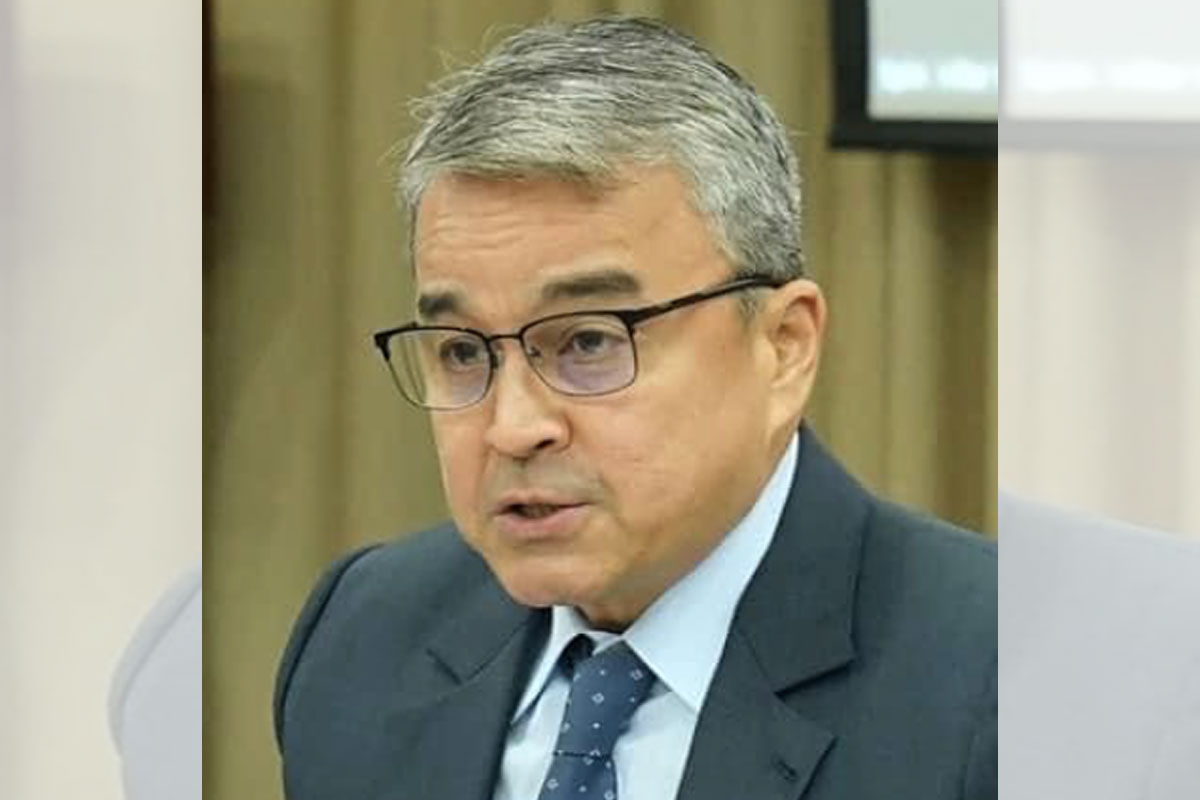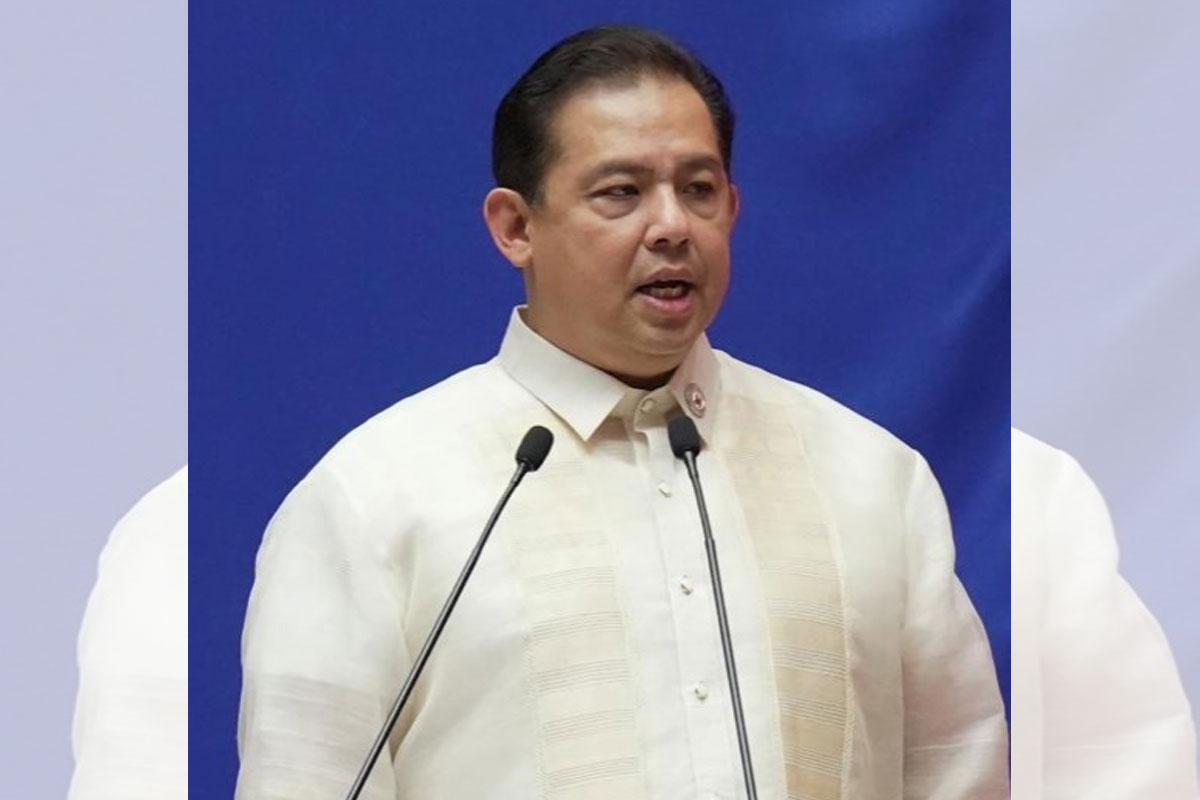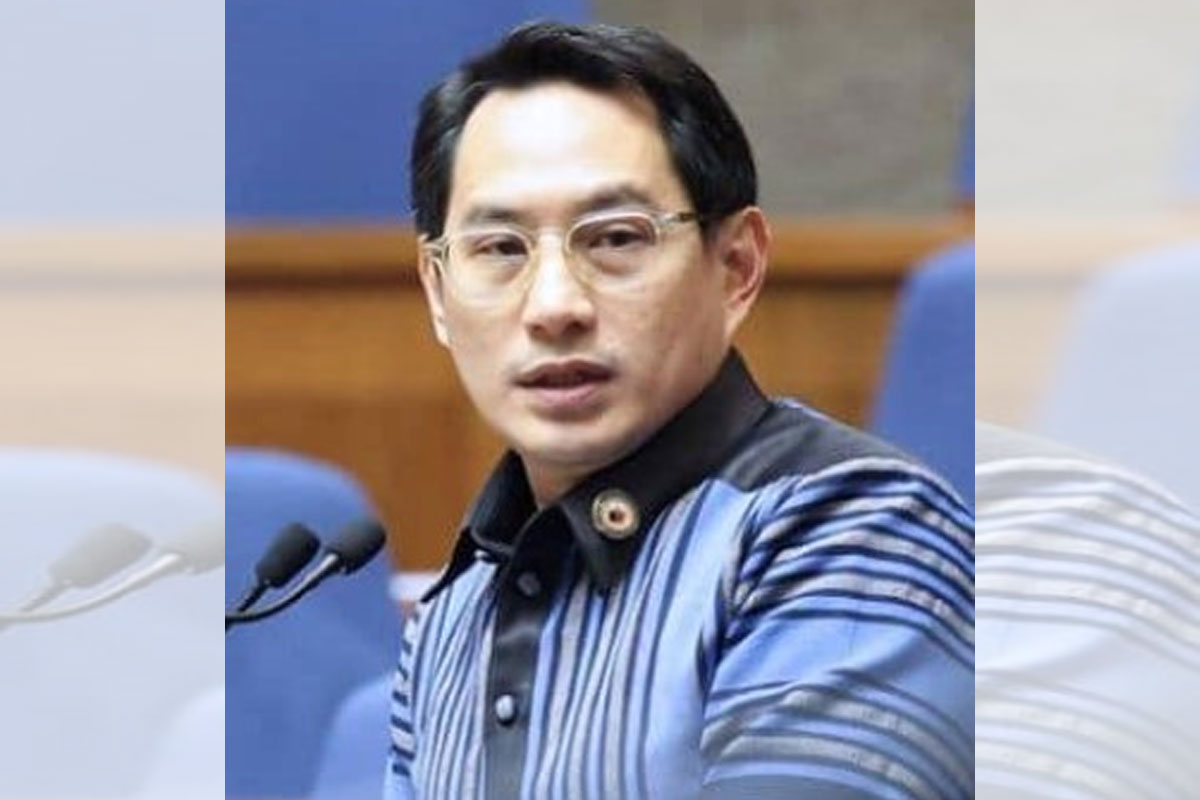
Ratification of free trade pact pressed
PRESIDING over the resumption of the Senate deliberations on its concurrence on the ratification of the Regional Comprehensive Economic Partnership Agreement (RCEP), Senate President Pro Tempore Loren Legarda shared the frustration of farmers, who are among the direct stakeholders of currently the world’s biggest free trade pact.
RCEP members include the ten countries of the Association of Southeast Asian Nations (ASEAN) and five of its major trading partners, including Australia, China, Japan, New Zealand, and South Korea.
RCEP, tagged as the world’s largest free trade agreement can potentially enable more access to export markets, and investments, and create millions of jobs for Filipinos, according to its proponents.
The regional pact is said to open a wide range of market opportunities for investors, particularly in export-oriented enterprises, and further promote the economic efficiency of its member states.
Only the Philippines has yet to complete the ratification process among the 15 signatory economies.
During the public hearing conducted by a special subcommittee under the Committee on Foreign Relations, Legarda assured that farmers’ issues are heard and answered by the concerned agencies.
Among the issues raised by agricultural groups that expressed opposition to the country’s move to participate in the RCEP is that a free trade agreement among its member economies would lower the tariffs on certain products, leading to an increase in imported food products. They said this does not protect the Philippines’ agricultural produce as it would bring down local prices and eventually harm local farmers’ earnings.
Legarda has assured that the Senate leadership is one with the farmers who fear adverse impacts from the free trade agreement.
Trade and Industry (DTI) Secretary Fred Pascual defended RCEP saying the government will continue to provide the needed support and level the playing field to help equip and sharpen the capacity of local businesses.
“RCEP provides a framework of rules and disciplines to ensure regulatory consistency, creating a conducive business environment that is key to ensuring the confidence of the business sector and spurring further economic growth,” Pascual explained.























